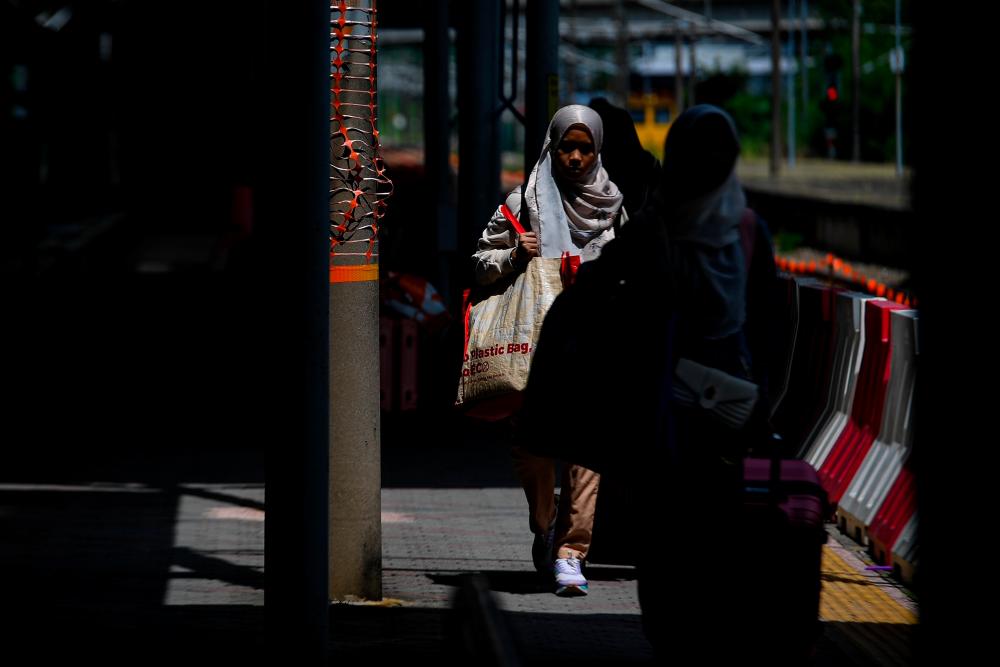HARI Raya Aidilfitri serves as a reminder of unity and empathy. However, amid this major celebration, it is important to reflect on the harsh reality endured by many Malaysians, including stateless individuals.
As we celebrate with our loved ones, there are many among us who remain “invisible”, not knowing where they belong.
Without official documents, stateless people are ghosts in their own land, unable to travel freely to join loved ones or access basic services.
Advocates for Non-Discrimination and Access to Knowledge (Anak) understand too well the reality faced by stateless individuals and foundlings.
In an effort to bring their stories to light, Anak partnered with the International Organisation for Migration and Family Frontiers to screen the award-winning Malaysian film Abang Adik in Kota Kinabalu, Sabah, recently. This 2023 movie follows the lives of deaf-mute Abang, and his brother Adik, as they struggle to rise above the challenges of being undocumented in an environment of poverty and crime.
Abang Adik is not just entertainment, it is a mirror reflecting the intersectional struggles of gender identity, disability and poverty as well as the advocacy work that Anak does.
It offers a glimpse into the bureaucratic hurdles stateless individuals have to overcome to obtain Malaysian citizenship.
For example, a former stateless person, Alanis Mah, was only able to secure her MyKad at age 23 after years of struggling for a legal identity.
During the post-film discussion, Alanis shared that on one occasion, she was made to understand that possessing a birth certificate was equivalent to having Malaysian citizenship.
She was also told that she could not get a MyKad as she was not a Malaysian citizen. To make matters worse, when her MyKad was finally issued, she was not notified. This oversight – caused by a relevant authority – could have led to Alanis missing the critical time frame to officially claim her identity, and risked pushing her further into statelessness.
Alanis not only had to live in a state of limbo and constant fear but she was also robbed of precious time that could have been spent furthering her studies and personal growth.
Alanis’ experience, along with insights from Sabah Human Rights Commission of Malaysia officer Daflonia Daniel, points to the critical need for transparent Standard Operating Procedures (SOPs) and comprehensive training for authorities.
Anak believes that no one deserves to have the course of their lives altered due to bureaucratic inefficiency and sheer neglect.
Urgent reforms and systemic change are needed to introduce a clear path to citizenship for stateless people in Malaysia.
Therefore, we call upon the government and relevant authorities to take the following actions:
Implement a transparent and well-defined SOP for citizenship applications, ensuring that laws and safeguards are strictly followed to prevent bureaucratic roadblocks.
Provide comprehensive training to officers handling citizenship issues to ensure they have the knowledge and ethical standards necessary to support stateless individuals.
Enhance transparency by providing clear statistics, data, and reasons for citizenship application rejections, promoting accountability and fairness in decision-making.
Collaborate with civil society organisations, human rights advocates, and affected communities to develop inclusive policies that address the root causes of statelessness.
It is time to transform empathy into action and stand in solidarity with stateless individuals to ensure that they are no longer invisible or marginalised within our society. Together, we can create a more inclusive and just Malaysia for everyone.









